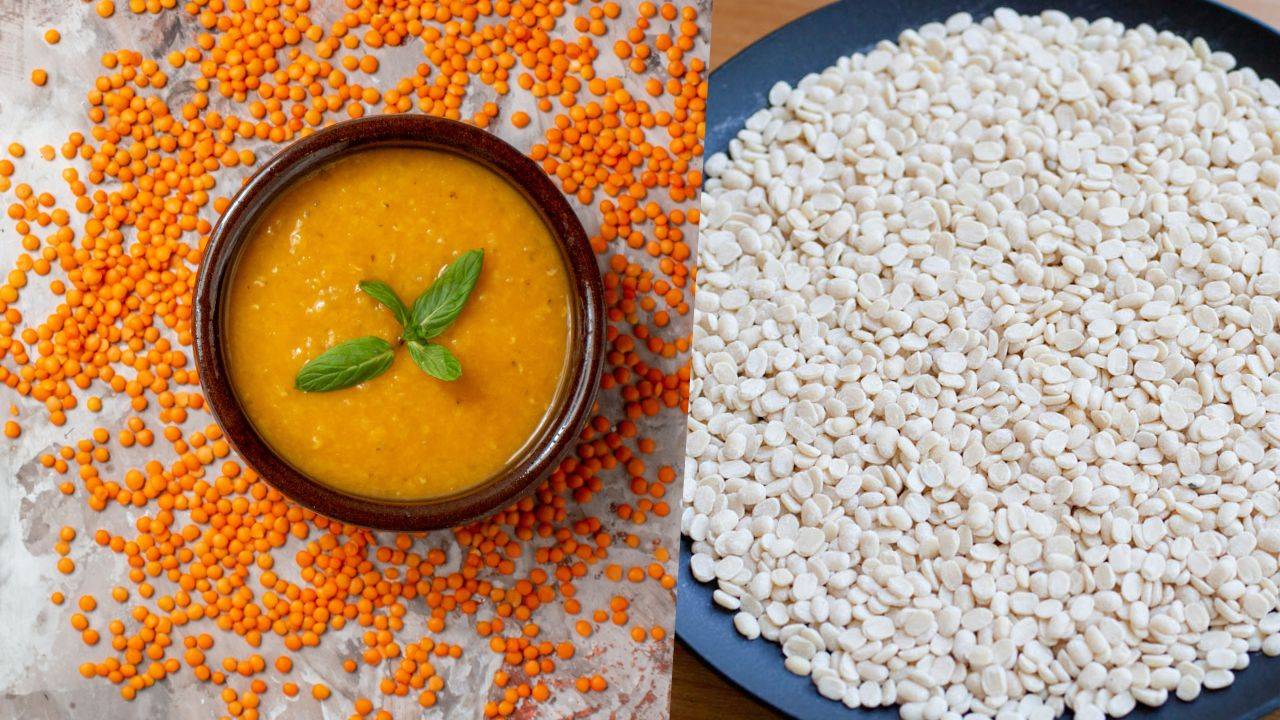
The Indian government has decided to extend the stock limits on two essential commodities, tur and urad, governed by the Essential Commodities Act of 1955.
This extension will be in effect until December 31, 2023. The stock limits were initially imposed on June 2 and were set to expire on October 31. This move is aimed at regulating the storage and availability of these pulses in the market.
One significant change in this extension is the reduction in the maximum quantity that wholesalers and large chain retailers can stock. Previously set at 200 tonnes, it has now been lowered to 50 tonnes. This is a measure intended to prevent hoarding and ensure a steady and continuous supply of tur and urad in sufficient quantities, ultimately making these dals more affordable for consumers.
The revision of the stock limits and the extension of the time period come as part of an effort to prevent speculative practices and to promote the consistent release of these pulses into the market. This should help maintain reasonable prices for consumers.
Additionally, there has been a change in the quantitative limit for millers and processors. Previously, they were allowed to stock either "last 3 months' production or 25 percent of annual capacity, whichever is higher." However, this has now been adjusted to "last one-month production or 10 percent of annual capacity, whichever is higher." This change aims to further ensure the regular availability of these pulses in the market.
Large chain retailers will continue to have a cap of 5 tonnes at each retail outlet, but the limit has been increased to 50 tonnes at the depot level. Importers are also allowed to maintain imported stock for up to 30 days from the date of Customs clearance.
To enhance transparency and compliance, all stakeholders, including importers, processors/millers, wholesalers, and retailers, are required to declare their stock positions on the Department of Consumer Affairs portal.
Despite government data indicating that the sowing area for tur and urad has reached 43.69 lakh hectares and 32.79 lakh hectares, respectively, traders argue that there might still be a shortfall in acreage. This is particularly concerning in regions that experienced both insufficient rainfall in August and excess rains in recent months, which could lead to a significant yield drop. Late-sown pulses are also expected to contribute to lower production.
As of September 25, the average retail price of tur dal stood at Rs 149/kg, reflecting a 7 percent increase from the previous month and a 35 percent increase from the same period in the previous year. Similarly, the price of urad dal was Rs 118/kg on the same date, marking a 2 percent increase from the previous month and an 11 percent increase from the previous year. These price trends underscore the importance of measures like stock limits to stabilize and regulate the market.

















